Do not tick the box: stop the Aboriginal industry
My father was born in 1903 at Tooan East in the western districts of Victoria. As a child, he and his brothers and sisters, would shiver like dogs at the side of their hut waiting to for the sun to warm them. He and his brothers would ride to NSW to sell rabbit skins. Times were tough. He was lucky; he took to driving trucks and moved to Melbourne.
My father adapted to his circumstances. To my knowledge he suffered no prejudice, but neither did he receive any favours. He built a life: married, bought a house, and worked until he was 75. He was proud of his four sons because none ended in gaol. My father’s story is every man’s and woman’s story.
Noel Pearson, in a recent address to the Royal Australian and New Zealand College of Psychiatrists annual congress in Brisbane was reported as saying, ‘I honestly believe people can rise above historic trauma, otherwise we’ll lose agency and we’re defeated by history.’ This is very sensible. He is saying to Aborigines: ‘get over it.’ When others say this, they are lambasted. How Aborigines ‘get over it’ is the big policy question. Indeed, Noel Pearson may want to answer the question, how does recognition in the Australian Constitution help Aborigines get over it?
Don Weatherburn, one of Australia’s leading criminologists, recently wrote that while it is true that Aborigines are over-represented in prison they are also over-represented in crime, particularly violent crime. He noted that the fall in Aboriginal imprisonment in the early part of the twentieth century ‘coincided with the adoption of protectionist policies toward Aboriginal people. Aboriginal imprisonment rates increased rapidly during the 1990s when governments were dismantling paternalistic policies in favour of self-determination.’
The Aboriginal industry, those who owe their income to leading or administering ‘special’ programs to Aborigines, are preventing Aborigines adjusting to their circumstances. The challenge for Australians who would like to see Aborigines succeed is to dismantle the industry. The best way to do this is to stop the numbers game.
The Aboriginal industry thrives on inflated numbers. In 1952, when I was born, there were 100,000 Aborigines and 8.7 million other Australians, slightly more than one per cent of the population. At the 2011 Census, there were 548,000 people who identified as Aboriginal or Torres Strait Islander among 23 million Australians, slightly more than 2.4 per cent of the population. It has been the policy of the Australian Bureau of Statistics for many years to boost Aboriginal numbers, so they also publish Census based ‘estimates’ that bump the number to 670,000, which is almost 3 per cent of the population.
As an aside, the ABS used the term ‘racial origin’ for the last time at the 1971 Census. After that, it was ‘Aboriginal and Torres Strait Islander origin’. Officially, Australia has not concerned itself with race for more than half a century. But the Aboriginal industry does concern itself with race, and its shadow, identity.
The number of Aborigines in Australia has risen as a direct consequence of people choosing to ‘identify’, regardless of how remote their origins. And the origins have become more remote for the best of reasons. Aborigines and non-Aborigines get along famously. In 1901, the rate of intermarriage was 5 per cent: today, it is more than 70 per cent. Most of the children counted today as Aborigines are not in any real sense Aborigines, but the official policy is to encourage people to identify so.
The consequence of the identification game is this. The first student on an Australian Indigenous Education Foundation–BHP Billiton tertiary scholarship recently graduated. The student was born in Kempsey, his mother is a teacher, his father a dentist. What problem was this scholarship hoping to fix? The student is brilliant, the parents middle class. The $22,000 per year award could have been used to help someone who needed it, or, awarded because of merit. Instead, it was awarded on a distant claim to indigenous heritage (his photo revealed a Caucasian visage). Now the ‘winner’ has to carry the guilt of receiving a benefit, not on merit, but on guilt.
Sons and daughters of parents, who, in some cases have been employed for their entire adult lives in the public services, universities, schools, and corporations, are granted special positions on the basis of indigenous heritage. What possible disadvantage have these persons suffered to warrant a free placement, or a scholarship, often in an exclusive private school? Such gifts to the undeserving take place in the name of reconciliation.
Senior public servants, university vice-chancellors and school principals play this game every day. Are they gullible, or, is there money and prestige attached? It must be of some benefit to them because it surely does no good to the recipient. Many recipients would have made it in any event. But awards based on heritage and not merit crowd out someone who may deserve it, for example, a bright disadvantaged person, of any race.
This immoral game playing has to stop. It is time to do something about the Aboriginal industry. Australians have to start a campaign of civil disobedience. Do not tick the box. Demand that your tax money be spent on need, not on race or identity. Aborigines should leave the box empty, and not take the handout that should, morally, be for someone who needs it. Non-Aborigines should write on the form, ‘need, not race’.
Got something to add? Join the discussion and comment below.
Get 10 issues for just $10
Subscribe to The Spectator Australia today for the next 10 magazine issues, plus full online access, for just $10.
You might disagree with half of it, but you’ll enjoy reading all of it. Try your first month for free, then just $2 a week for the remainder of your first year.

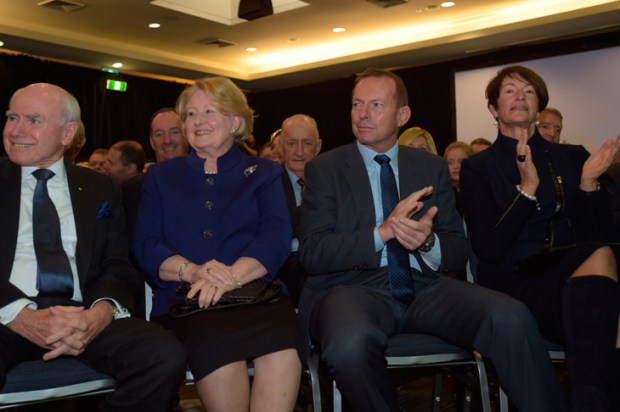
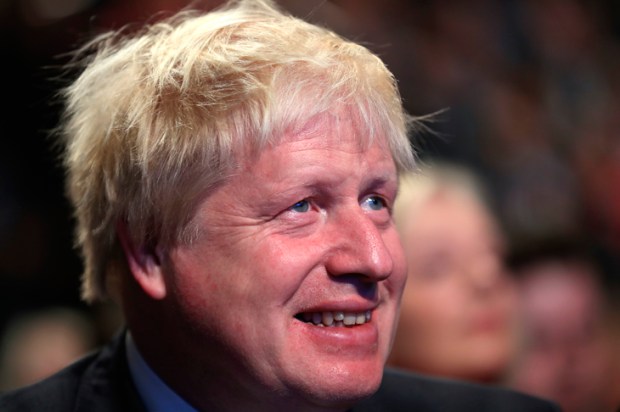

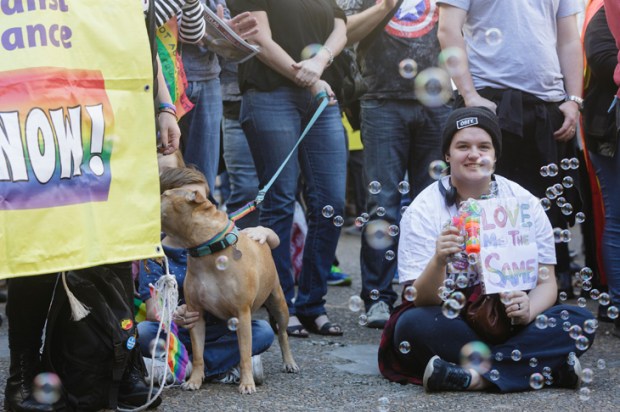
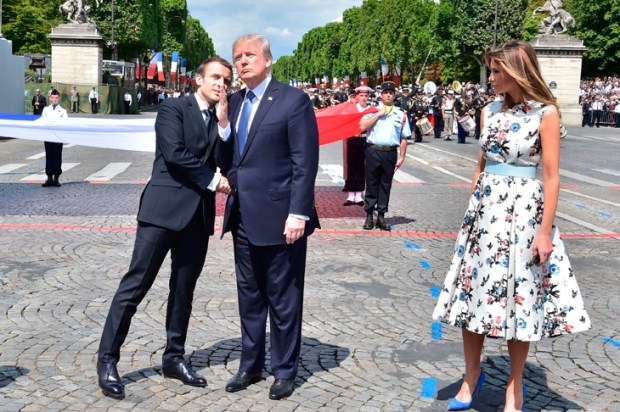
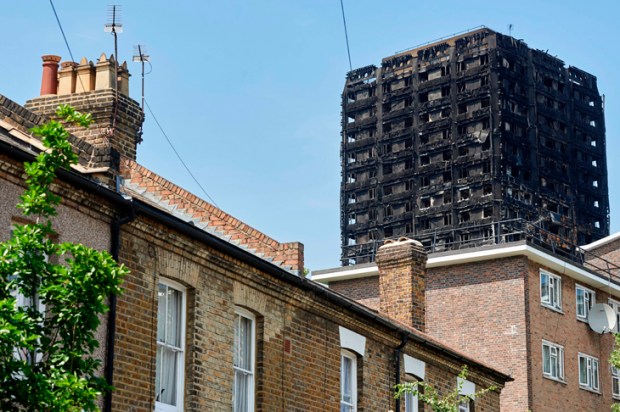






Comments
Don't miss out
Join the conversation with other Spectator Australia readers. Subscribe to leave a comment.
SUBSCRIBEAlready a subscriber? Log in